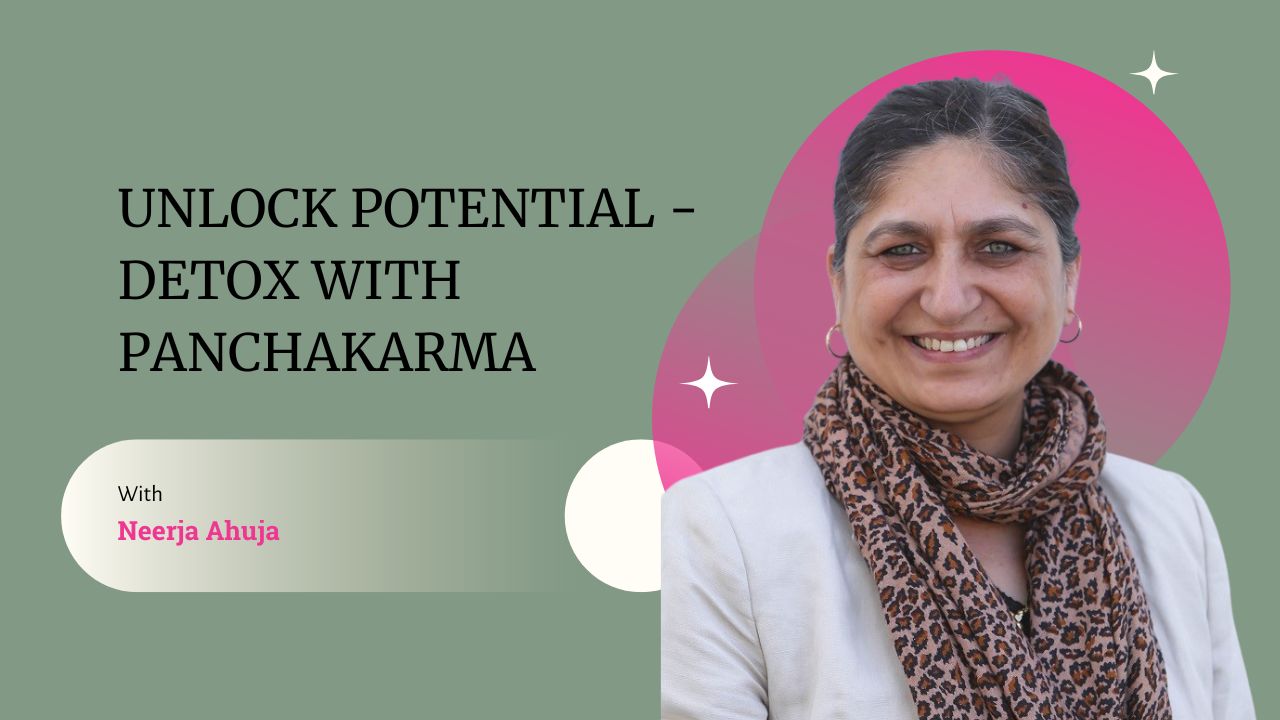Good sleep isn’t just about resting; it’s the foundation for vibrant health, emotional balance, and mental clarity. Whether you find it hard to fall asleep or want to enhance your sleep quality, these simple yet powerful routines will help you create the ideal conditions for a peaceful night’s rest.
In Ayurveda, evening routines are essential because they prepare both your body and mind for relaxation. In today’s fast-paced world, stress and overstimulation can take over. But by aligning your evening with nature’s rhythms, you can calm your system, ease anxiety, and wake up feeling refreshed and ready for the day ahead.
So, let’s dive into these practical and nourishing practices that can truly transform your sleep and elevate your overall well-being.
Gratitude Journaling
Let’s start with a beautiful practice — gratitude journaling. As your day is finishing, take a few moments to reflect and write down at least three things you’re grateful for. It doesn’t have to be grand, just anything that brings you joy, peace, or contentment.
This simple act shifts your focus from the stresses or challenges of the day to the positive aspects, bringing a sense of closure and emotional balance. Studies show that cultivating gratitude can reduce anxiety and improve sleep quality. Try this tonight and notice how your mind begins to settle into a calmer, more peaceful state.
Calming Pre-Bedtime Routine with Herbal Tea:
Next, we move on to another calming bedtime routine. A cup of warm herbal tea can be a soothing ritual to signal to your body that it’s time to wind down. Teas like chamomile, lavender, or ashwagandha are wonderful choices. Chamomile has calming properties that reduce anxiety, lavender helps calm the nervous system, and ashwagandha is known for its ability to reduce stress. Sip your tea slowly, without rushing. This moment is for you to disconnect from the hurried day and reconnect with yourself. Ayurveda encourages mindfulness, even in the simplest actions, like sipping tea. Let it become a meditative moment of relaxation.
Aromatherapy for Deep Relaxation:
Aromatherapy can be a powerful addition to your evening routine. Scents have a direct impact on our mood and mental state, and using essential oils can help promote relaxation. Lavender, jasmine, or chamomile essential oils are great examples for this. You can add a few drops to a diffuser or spray a calming mist around your room. These scents have been shown to reduce cortisol levels and activate your parasympathetic nervous system, signalling to your body that it’s time to rest. Deep, relaxing scents set the tone for the night, soothing your mind and helping you prepare for deep, restful sleep.
Gentle Yoga and Stretching:
Incorporating gentle yoga or light stretching can also help release any tension accumulated in your body during the day. Make sure these stretches are not done soon after your meal. Give about 3 hours after meal to do the stretches or do so before evening meal. And make sure you learn them properly with a teacher before you start doing them independently. A few minutes of yoga can ease tight muscles and calm your mind. You don’t need an intense practice—simple poses like Child’s Pose, Legs-Up-the-Wall, or Seated Forward Bend are perfect. Focus on slow, deep breathing as you stretch. This combination of movement and breath helps calm the nervous system, releases physical stress, and prepares your body for relaxation. It’s not just about flexibility; it’s about creating space in your body for calm and peace.
Abhyanga (Self-Massage):
One of my favourite evening practices is Abhyanga, or self-massage. Using warm sesame oil, gently massage your entire body, paying special attention to areas of tension like your neck, shoulders, and feet. This Ayurvedic practice not only nourishes the skin but also calms the mind and reduces stress by soothing the nervous system. Self-massage is a form of self-care that grounds you, helping you feel more connected to your body. The warmth of the oil and the act of massaging your muscles relaxes your entire being, making it much easier to drift into a peaceful sleep. Consider it an act of love and care toward yourself.” Depending on the time, it can be part of your morning routine instead as well.
Creating a Sleep-Conducive Environment:
Your sleep environment plays a huge role in the quality of your rest. Ensure that your bedroom is quiet, cool, and free of distractions. Remove any unnecessary electronics or screens, as the blue light they emit can interfere with melatonin production, making it harder to fall asleep. Instead, create an ambiance of calm by dimming the lights, playing soft music, or even engaging in guided relaxation techniques or yoga nidra This prepares your body to naturally wind down. Small changes like adjusting the temperature or using blackout curtains can significantly impact the quality of your sleep.
Digital Detox & Screen Time Reduction:
A crucial part of preparing for sleep is reducing exposure to screens. In Ayurveda, overstimulation is one of the primary causes of insomnia, and light from phones or laptops can trick the brain into staying alert. Make it a habit to disconnect from your devices at least 30-60 minutes before bed. Replace that screen time with a more calming activity like reading a book, journaling, or simply reflecting on your day. Trust me, this one small shift can make a massive difference in how quickly you fall asleep and the depth of your rest.
Setting Positive Sleep Intentions:
Finally, before you settle into bed, take a moment to set a positive intention for your sleep. Close your eyes, take a few deep breaths, and affirm that you will experience restful, restorative sleep. This mindful act is a way of clearing your mind, releasing any persistent stress, and preparing your body for a night of deep rest. Ayurveda teaches us that our mindset influences our physical health, and by setting this intention, you can enter sleep with a sense of peace and readiness for renewal.
Thank you so much for spending this time with me today. I hope you feel empowered to incorporate these Ayurvedic evening routines into your life for better sleep and overall well-being. Remember, good sleep is the foundation of good health. When you create the right environment and adopt nourishing practices, you’re investing in your long-term vitality. Don’t feel like you have to implement everything at once; start small and build these routines gradually. Consistency is key.
Wishing you peaceful nights and rejuvenated mornings ahead.



